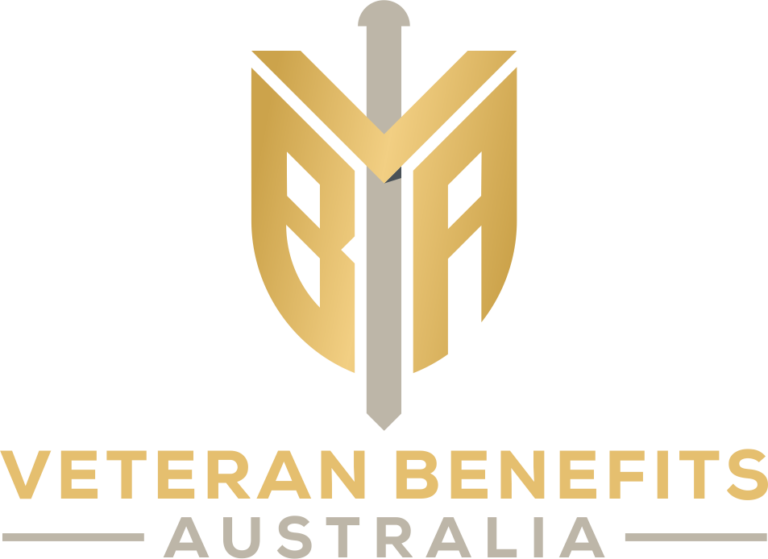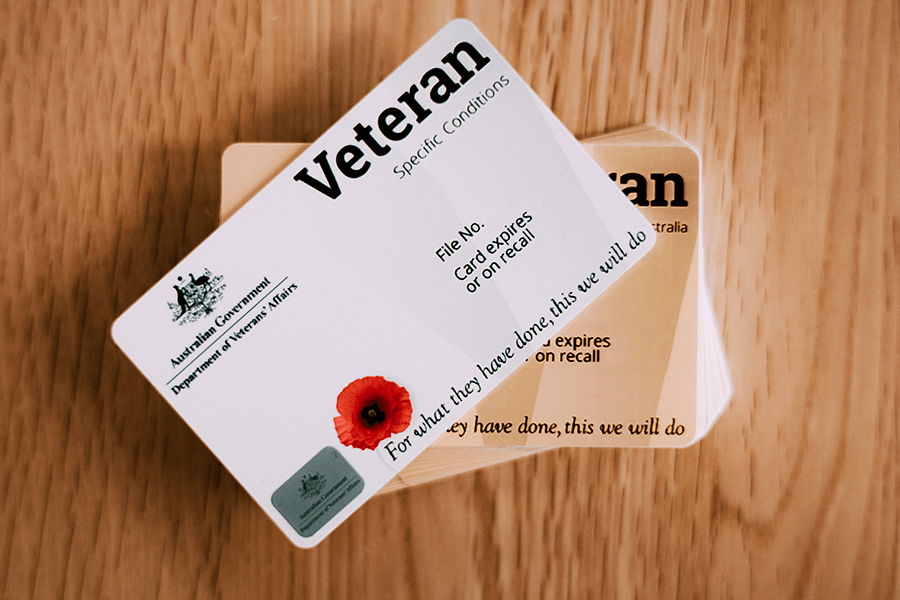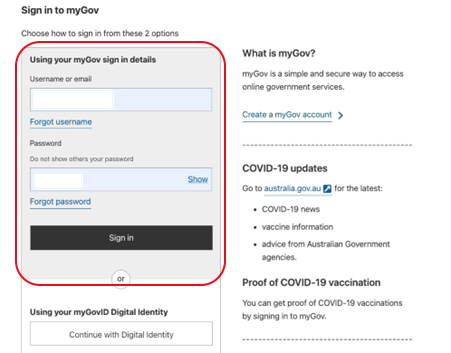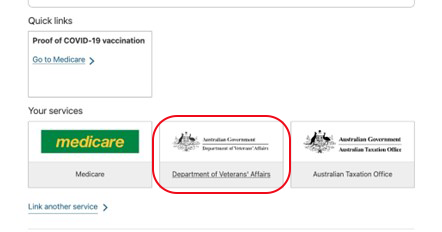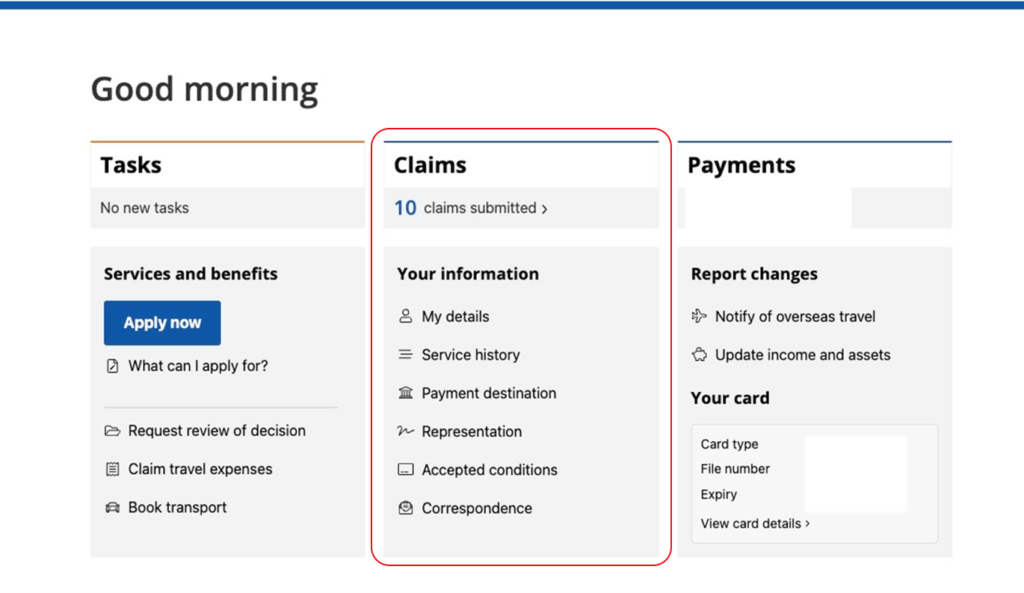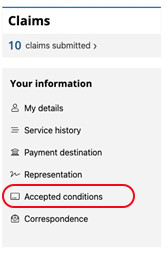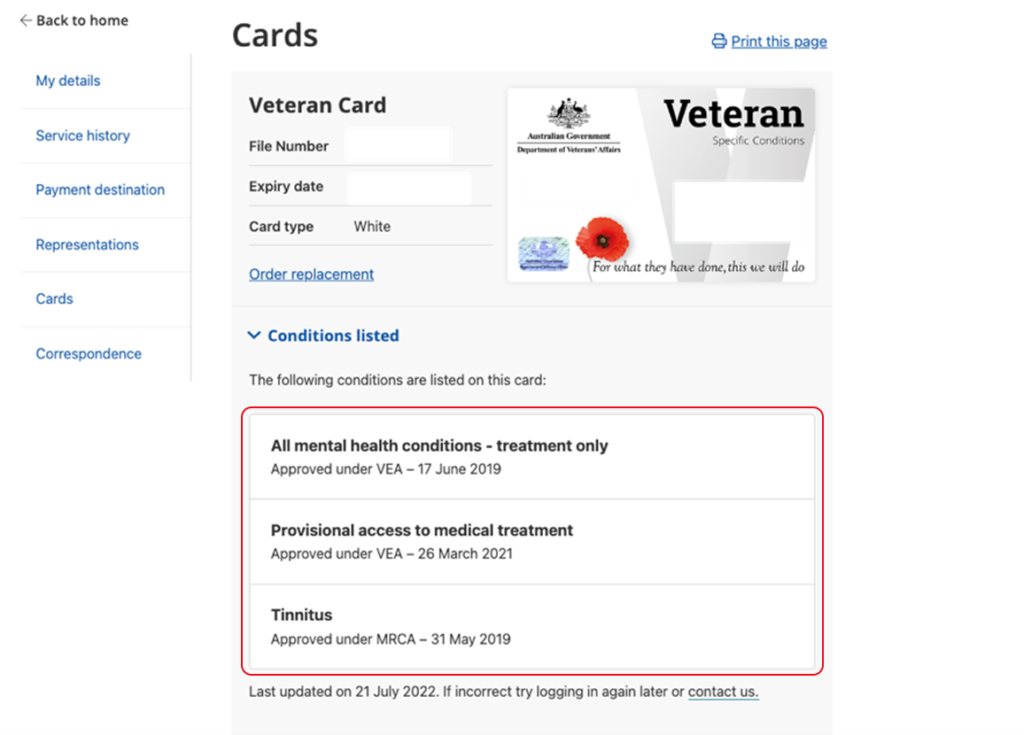Creating a veteran-friendly diet plan requires a thoughtful approach that takes into account the unique nutritional needs of veterans. These dietary plans should aim to provide balanced nutrition while addressing the specific health challenges and lifestyle factors that veterans may face. Here are some practical tips from dietitians on creating such diet plans:

Assess Individual Needs
The first step in creating a veteran-friendly diet plan is to assess the individual needs of the veteran. This includes considering their age, gender, activity level, dietary preferences, and any existing health conditions.
Prioritize Nutrient Density
Dietitians recommend prioritizing nutrient-dense foods in a veteran’s diet. These are foods that provide a high concentration of essential nutrients for relatively few calories. Examples include leafy greens, lean proteins, whole grains, and colourful fruits and vegetables.
Balance Macronutrients
A balanced diet is one that includes appropriate proportions of macronutrients: carbohydrates, proteins, and fats. Dietitians work with veterans to ensure they receive the right balance of these essential nutrients. For example, veterans with active lifestyles may require more carbohydrates for energy, while those aiming for weight management might benefit from higher protein intake.
Consider Dietary Restrictions
Some veterans may have dietary restrictions due to health conditions, allergies, or personal preferences. Dietitians take these restrictions into account and provide alternatives to ensure that veterans still receive all the necessary nutrients.
Emphasize Hydration
Proper hydration is crucial for veterans, especially in arid or hot environments. Dietitians educate veterans about the importance of staying well-hydrated and provide guidance on how to meet their individual fluid needs.

Optimize Pre- and Post-Workout Nutrition
For veterans who engage in regular physical activity, dietitians offer guidance on pre- and post-workout nutrition. This may include recommendations for fueling up before exercise and promoting recovery through post-workout meals and snacks.

Promote Mindful Eating
Mindful eating involves being present and aware while eating. It can help veterans make healthier food choices and prevent overeating. Dietitians offer strategies for developing mindfulness around eating.
Support Meal Planning
Meal planning can be a valuable tool for veterans to ensure they have access to nutritious meals, even in hectic or unpredictable situations. Dietitians guide veterans in creating meal plans that align with their dietary goals and lifestyle.
Real-Life Success Stories:
Consider the example of Mark, a retired Navy veteran who had struggled with weight management and related health issues for years. After retiring, Mark sought the guidance of a dietitian to create a diet plan that would help him lose weight and improve his overall health.
The dietitian worked with Mark to develop a balanced diet plan that emphasized nutrient-dense foods. They also addressed Mark’s preferences and lifestyle, creating a plan that incorporated his favourite foods in a healthier way. Over the course of several months, Mark successfully lost weight, improved his cholesterol levels, and gained a deeper understanding of how nutrition could positively impact his health.
In conclusion, dietitians play a crucial role in creating veteran-friendly diet plans that cater to the unique needs and challenges veterans may face. By assessing individual needs, promoting nutrient-dense foods, and offering tailored guidance, dietitians can help veterans achieve their dietary goals and enjoy improved health and well-being.
